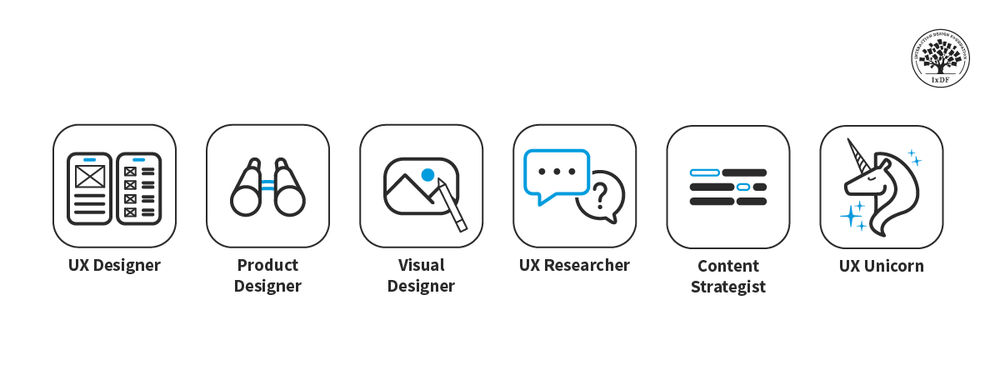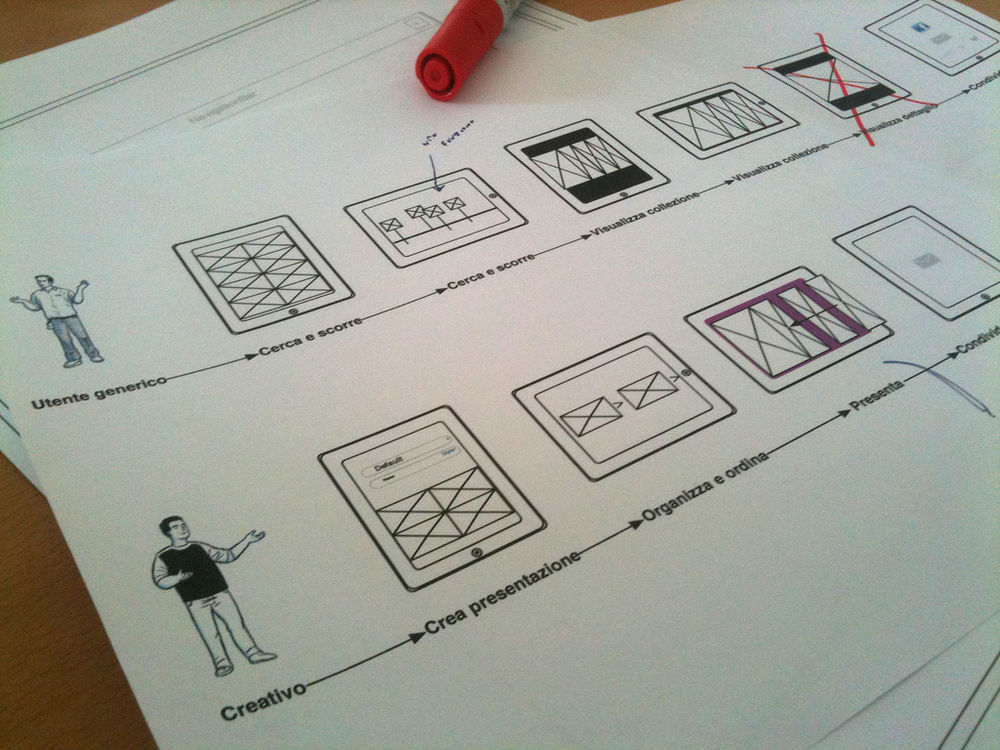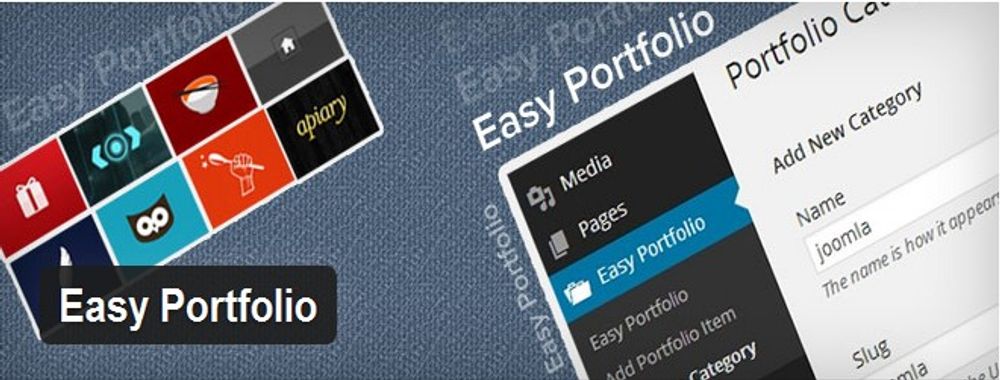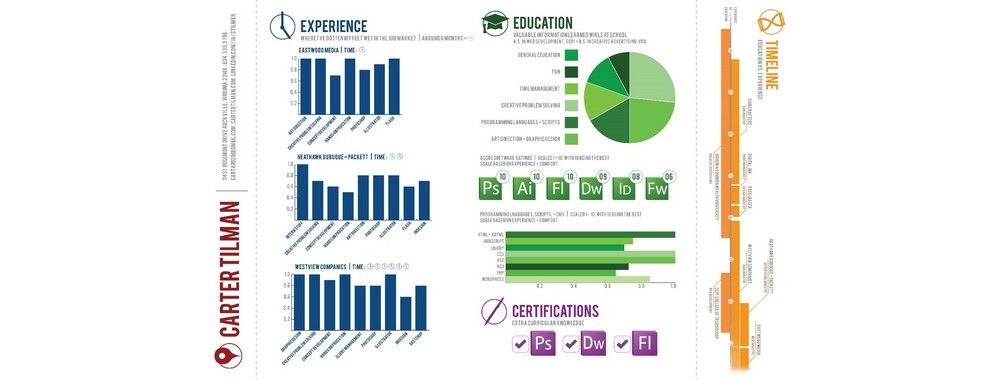Don’t focus your marketing efforts on “buy from me”; it’s irritating, and it doesn’t work. Look to tell a story that embodies your customer’s worldview and the sales will come. Authenticity and believability play a key role in this. A marketing story is a way of conveying complex and intangible ideas about your business in a way that your audience can relate to. Human beings are social creatures, and storytelling is a great way to tap into their social nature and market your brand without being pushy or obnoxious. Apple, Coca-Cola and Nike do it successfully. Here is how you can do it, too.
Imagine, for a second, that you are going out to meet an old friend. That friend has just started her own freelance practice. You’re excited to find out more about her business and why she’s chosen this path. You arrive at the coffee shop, and a minute or two later your friend arrives.
She’s wearing a sign around her neck which reads, “Buy your logos here!” You think it a little peculiar, but you suddenly realise that it maybe is a guerrilla marketing tactic.
She sits down with you; you ask, “How are things?” She points to the sign. You try a different tack; “So, is the new business going well?”—She indicates the sign again. You try a few more questions, and every time, in reply, she points to the sign. What do you do? Well, if you’re anything like me, eventually, you’ll get up and leave this person to it.
You don’t join your friends for coffee in order for them to sell to you over and over again, particularly when the method they choose is so incredibly ineffective, never mind rude.
Yet, that’s how most freelance and entrepreneur marketing works. Every single piece of promotional material, every web article, every conversation runs, “buy from me, buy from me, buy from me”. Those freelancers and entrepreneurs are usually left incredibly confused as to why this doesn’t work very well. Sure, occasionally a client may be so impressed by a portfolio piece that they do buy – but most people are going to walk away...just like you would from your friend in that coffee shop.

Author/Copyright holder: John Waddington Limited. Copyright terms and licence: CC BY 2.0
It’s hard to get people to care about bacon or sultanas but much easier to tell a story that people care about their places of origin.
The Essence of a Successful Marketing Story
Successful businesses don’t sell to you at every turn. In fact, successful businesses don’t try to sell at all. What do they do instead? They tell a story.
Take a look at an advert for Coca-Cola. What do you see? The chances are pretty good that you see attractive young people having a good time. The beverage will be there, too (though not always centre stage). Coke’s story is a simple one—people drink Coke with friends and when they’re having a good time.
It’s not the whole story. The whole story is that Coke makes you fat if you consume too much and that it’s awful for your teeth (more due to the bubbles than the sugar – believe it or not). But it’s their story, and it works. Coke doesn’t sell a can of fizzy, sugary, flavoured water – it sells a lifestyle: young, energetic, happy, etc.
You’re never encouraged to buy Coke in a Coca-Cola advert. It’s implicit. Coke’s customers aren’t idiots; they know that marketing is supposed to get you to buy stuff—they don’t need to be told that.
Great marketing, like Coke’s, sells stories, and consumers know what they’re expected to do.

Author/Copyright holder: Ninian Reid. Copyright terms and licence: CC BY 2.0
Coca-Cola’s marketing always tells a story. This simple advert tells a story of friendship, harmony and wonder. The Coke in the scene is almost incidental but a vital component of the story nonetheless.
Don’t like Coke? Think about Apple, the darling of the design world, and millions of non-designers’ worlds, too. Apple doesn’t sell phones; it doesn’t sell tablets; it doesn’t sell computers—it sells beauty and ease-of-use. Apple’s story is one where simplicity and astounding design are things that smart people want.
A Lexus is essentially a Toyota in a nicer body. People pay a premium for Lexus because Lexus is sold with a story of luxury, while Toyota is sold with a story of practical use.
Wherever you look in great marketing, you’ll find stories rather than “buy from me”.
 Author/Copyright holder: Apple Inc. . Copyright terms and licence: Fair Use.
Author/Copyright holder: Apple Inc. . Copyright terms and licence: Fair Use.
Apple doesn’t sell phones; it doesn’t sell tablets; it doesn’t sell computers—it sells beauty and ease-of-use. Apple’s story is one where simplicity and astounding design are things that smart people want.
The Ingredients of a Good Marketing Story
What goes into a great marketing story? In his book All Marketers are Liars, Seth Godin, the respected MBA and author, offers these ingredients:
- Authenticity—This shouldn’t be mistaken for truth. Coca-Cola is not a source of happiness for many of its consumers. But young people having a good time is authentic, the fact that Coke is in the picture… is just a plus. But beware: If your stories are inauthentic, you will cross the line from fib to fraud.
- Promise—Great marketing stories promise something to the listener. Apple promises that you’ll be one of the cool kids. It’s an exceptional promise because most of their target market aren’t cool kids naturally.
- Credibility—When you’re telling your story, you have to be believable. If people don’t believe you, they won’t be buying anytime sooner or later.
- Subtlety—You don’t have to spell everything out and draw your customers a map to the conclusion of your story. Coke doesn’t say: “Hey, look—people having a party and drinking Coke; therefore, it’s obvious—a Coke will make you happy.” It lets people draw their own conclusions.
- Speed—The faster you can communicate your story, the easier it will be to affect a large audience. Remember the Diet Coke adverts with the builder wiping sweat away with a cold can of Diet Coke and lots of beautiful women watching him? It worked as well in print as on TV. The message was simple—less calories = hotter bodies.
- Audience—Stories are created with an audience in mind. There are very few universally appealing stories. Having a target audience in mind makes it much easier to tell a story.
- Consistency—If you run an eco-design consultancy and arrive at your meetings in a giant SUV, people are going to notice that your story is rubbish. You have to tell the same story throughout your interactions with your customers. Be what your business purports to be.
- Agreement—The best stories aren’t creating a new worldview; they’re adhering to one your customers already have. They remind the customer how clever they are and how right they are in their beliefs; they create self-worth and security.
Assignment: Developing Your Marketing Story
“Stories make it easier to understand the world. Stories are the only way we know to spread an idea. Marketers didn’t invent storytelling. They just perfected it.”
– Seth Godin
Developing your story means developing a plan for that story. It’s much easier to articulate a story when you know how it’s going to work.
First, you decide on your audience. Who are your customers? What is their worldview? How can you articulate that worldview in a very simple way?
Then work out how your story will catch people’s attention. You don’t need a multi-million dollar budget for this; however, you do need to think about creating a buzz.
Why will people care about your story? What specifically should they feel a connection with in that story?

Author/Copyright holder: Rob Janoff. Copyright terms and licence: Public Domain.
Apple has been telling their story for a long time… the presentation may have changed, but the message has been consistent.
How will you embody your story? To be effective, it will have to be more than a marketing ploy – you must live and breathe that story. You need to ditch the SUV if you work in the eco-friendly space. You need to be fit and healthy if you sell fitness products, etc. Talk the talk, and walk the walk, too.
How will other people be able to help tell your story for you? The best brands tap into word of mouth and let others do the hard work of getting the message out there.
Do you need to make amendments to your service to make it more consistent with your story? You should find this relatively easy as a freelancer – you don’t need to change the way a lot of people work, just the way that you work.
The Take Away
Don’t focus your marketing efforts on “buy from me”; it’s irritating, and it doesn’t work. Look to tell a story that embodies your customer’s worldview—the sales will come. Authenticity and believability play a key role in this.
It’s also worth noting that a story does not have to be complete; nor does it have to be entirely true – it can be a twisted version of the truth as long as it is authentic.
The New York Times best-selling author Therese Fowler reminds us in her novel Z—“The history of storytelling isn’t one of simply entertaining the masses but of also advising, instructing and challenging the status quo.”
References & Where to Learn More
Hero Image: Author/Copyright holder: Maxime Raphael. Copyright terms and licence: CC BY 2.0
Seth Godin, All Marketers Are Liars: The Underground Classic That Explains How Marketing Really Works--and Why Authenticity Is the Best Marketing of All, 2005
Seth Godin, Purple Cow: Transform Your Business by Being Remarkable, 2003
Therese Fowler, Z, 2014












